The 2020 Nobel Prize in Chemistry was awarded to two women who pioneered a new genetic technology that has captured the public imagination and revolutionised science. Kevin Davies tells the story of how CRISPR changed the future in less than a decade.
When the international phone call came, at precisely 2:53 am Pacific time, the country code showed the UK, not Sweden. Heidi Ledford, a reporter for the journal Nature, had the unexpected honor of informing a groggy Jennifer Doudna that she’d won the 2020 Nobel Prize for Chemistry, sharing it with her former collaborator, French microbiologist Emmanuelle Charpentier.[1] ](Doudna had slept through the official call from Göran Hansson, Secretary General of the Royal Swedish Academy of Sciences.)
“What a testament to Doudna’s work ethic,” Ledford tweeted later. “I certainly wouldn’t have taken a call from me at that hour.”
Hansson had more luck reaching Charpentier, who was working in the same time zone in her office at the Max Planck Unit for the Science of Pathogens in Berlin. After gleefully receiving the news, Charpentier encountered some Nobel bureaucracy as she was asked to confirm her date of birth, address and sworn to secrecy for an hour or so until the official public announcement. She reflected the rollercoaster ride she, along with the rest of the international community studying CRISPR, had been on for the past decade. The science had moved so fast, she said, “I was losing the notion of time.”
During the livestreamed public announcement from Stockholm, Hansson broke the suspense by announcing that the 2020 Nobel Prize in Chemistry “is about rewriting the code of life…” With those electrifying words, it was clear that CRISPR had won -- a mere eight years after Doudna and Charpentier’s immortal joint publication in Science laid out the molecular toolset for “the development of a method for genome editing.” The Nobel committee likened CRISPR-Cas9, a repurposed bacterial anti-viral defense system, to “genetic scissors” capable of rewriting the genetic code of any organism, including humans.
Watching the announcement via YouTube on my phone before dawn in my New York apartment, I was almost as stunned as the winners. My book Editing Humanity – a deep dive into the CRISPR revolution, its heroes, rivalries, applications, and controversies -- had been published just 24 hours earlier!
Hansson broke the suspense by announcing that the 2020 Nobel Prize in Chemistry “is about rewriting the code of life…” With those electrifying words, it was clear that CRISPR had won.
In the book I had stopped short of predicting who would win for CRISPR, but noted it was important first to distinguish in which category the Prize would be given: Chemistry or Medicine? Charpentier, a microbiologist by training, expressed surprise that she had won for Chemistry, but that decision narrowed the likely winners. In the sleeve of color photos in the book, the only individuals I devoted a full page to were Doudna and Charpentier. Both photos were taken from my iPhone in Manhattan: Doudna opening the World Science Festival, cradling a molecular model of the Cas9 nuclease “scissors”; Charpentier outside a French bistro, posing with my previous book, The $1,000 Genome.
Jennifer Doudna and Emmanuelle Charpentier, © Kevin Davies







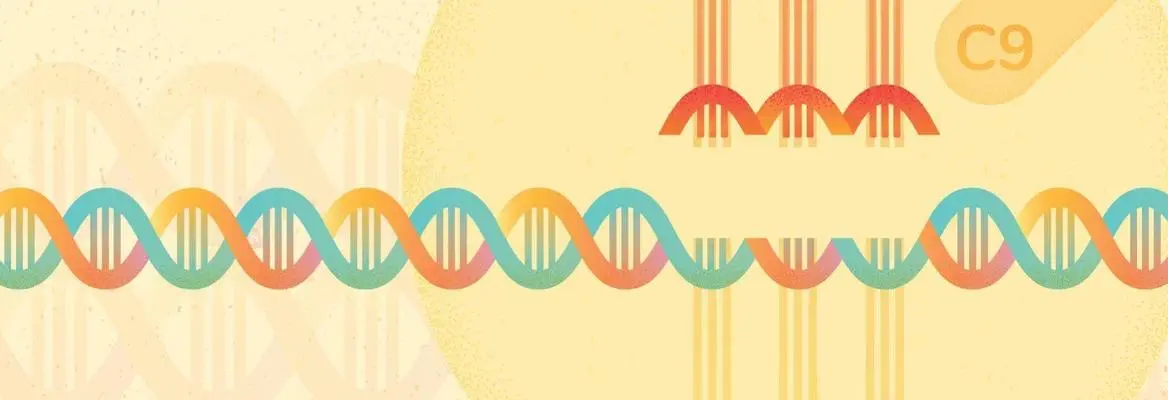


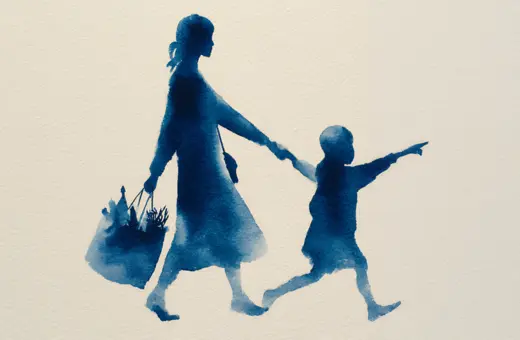
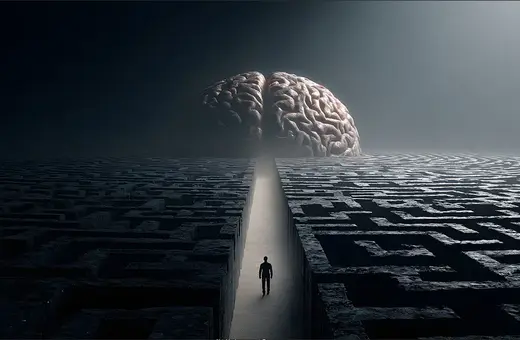
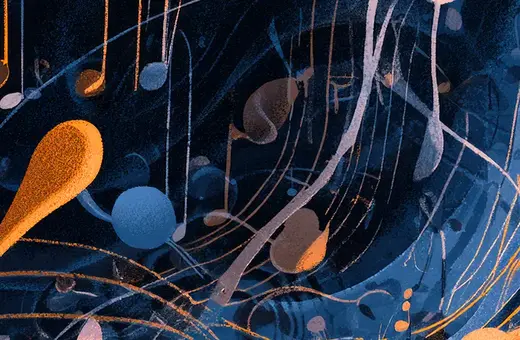
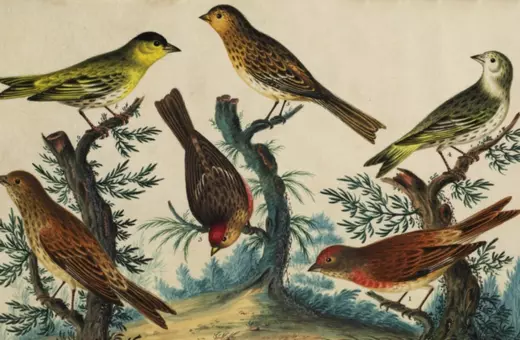
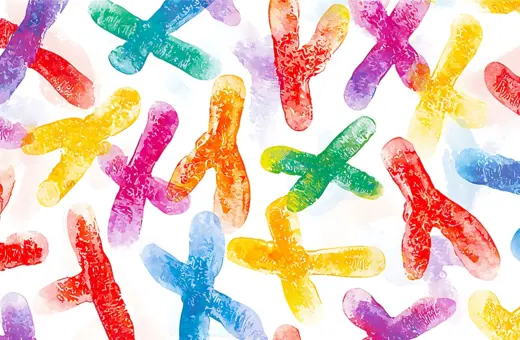

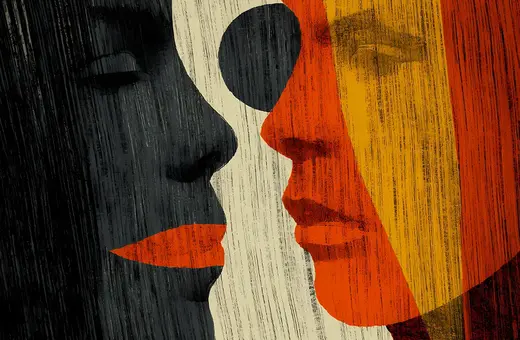
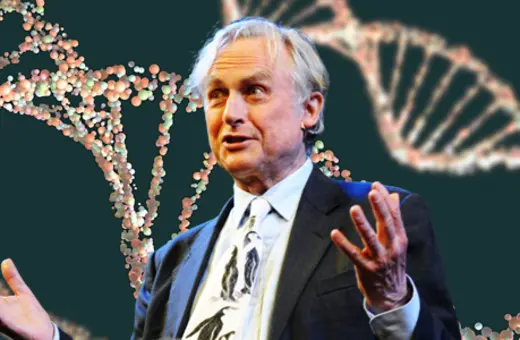



Join the conversation